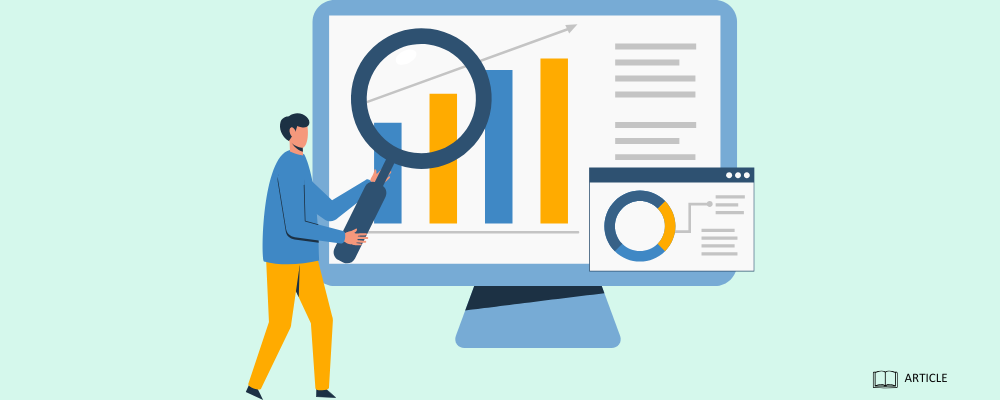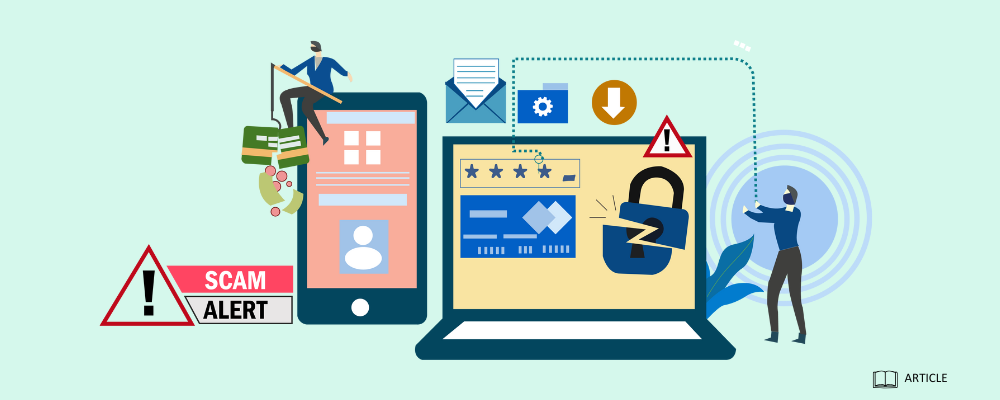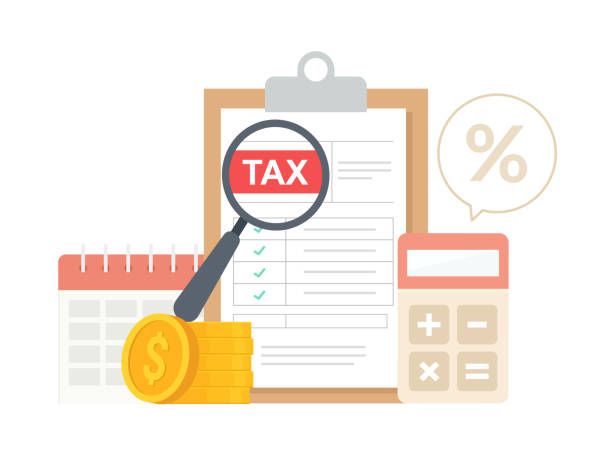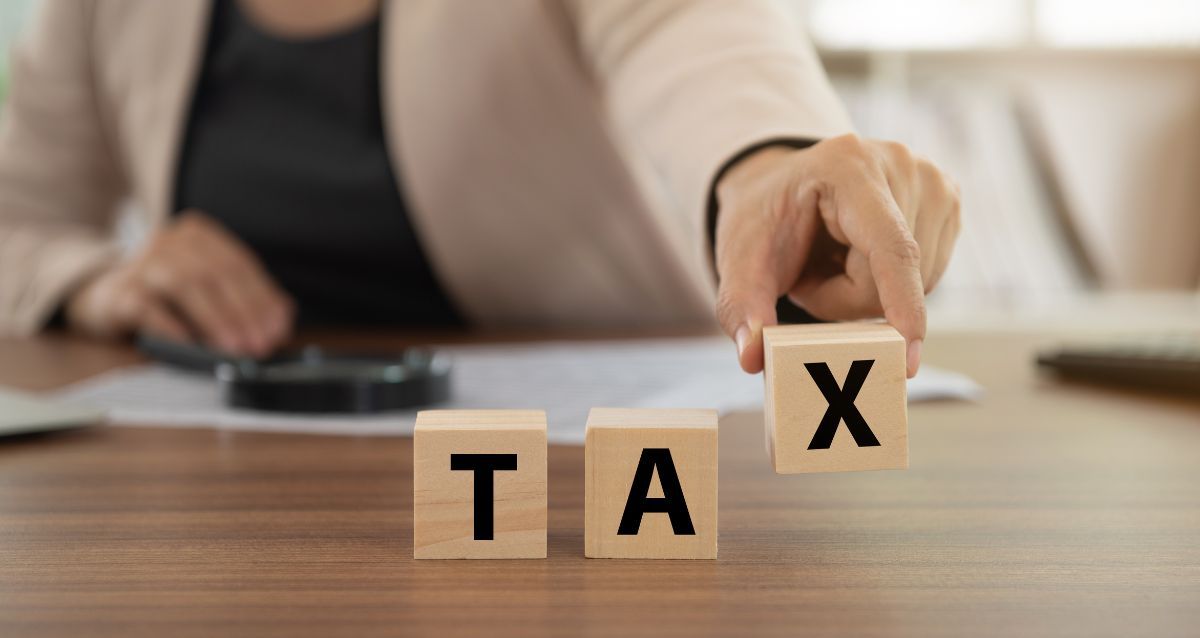Death & Taxes – What happens when I die?
There are some general rules you need to be aware of when preparing your own Estate Planning or having some role in the affairs of a deceased estate.
Inheritance
There is no tax payable on assets which pass from an Estate to a beneficiary in accordance with the deceased’s Will.
Final Tax Return
The deceased taxpayer will be obliged to lodge a final tax return based on assessable income earned between the most recent 1 July and their date of death.
Estate Tax Return
Where the deceased owned significant investment assets (eg rental properties, share portfolio, cash deposits, business interests, etc), the Estate may also be required to lodge a tax return in relation to Estate earnings from the deceased’s date of death to the next 30 June.
Whilst the assets of the deceased remain Estate assets (eg – have not been distributed to beneficiaries), the Estate will continue to be obliged to lodge tax returns.
The Estate will be taxed as a normal individual taxpayer (Medicare Levy does not apply) for up to 3 tax years.
Capital Gains Tax (CGT)
If an Estate disposes of CGT assets prior to distributing to beneficiaries, the Estate is likely to be subject to capital gains tax. The Estate “inherits” the deceased’s CGT cost base for these assets and any taxable capital gain will be included in the Estate’s tax return.
Any CGT assets which are transferred from the Estate to beneficiaries will have future CGT consequences for these beneficiaries, depending on the deceased’s original acquisition date.
- Acquisition date after 19 September 1985 – beneficiary “inherits” the same cost base as the deceased.
- Acquisition date on or prior to 19 September 1985 – beneficiary deemed to have acquired the CGT asset at market value on the deceased’s date of death.
CGT Exemptions – do exist for the principal place of residence of the deceased, however there are criteria which needs to be met to qualify for the exemption.
Superannuation Taxes
Any death benefits paid to spouses and/or financial dependents are exempt from tax.
However, any amounts paid from superannuation to non-dependants (such as adult children), the ATO will levy tax at 15% + Medicare Levy on the “taxable” portion of the benefit.
Summary
Avoid the potential tax “time bombs” which are ticking in the background, by doing the following:
- Keeping accurate CGT records for all investment assets whilst you are alive.
- Being aware of how taxes (especially CGT and superannuation death taxes) apply to you and your Estate upon death. There may be strategies you can implement while you are alive to minimise future tax costs.
- Do not sell/transfer any assets until you get advice either as an individual owner or as the Executor of an Estate.
The post Death & Taxes – What happens when I die? appeared first on Green Taylor Partners.
More GTP Articles






